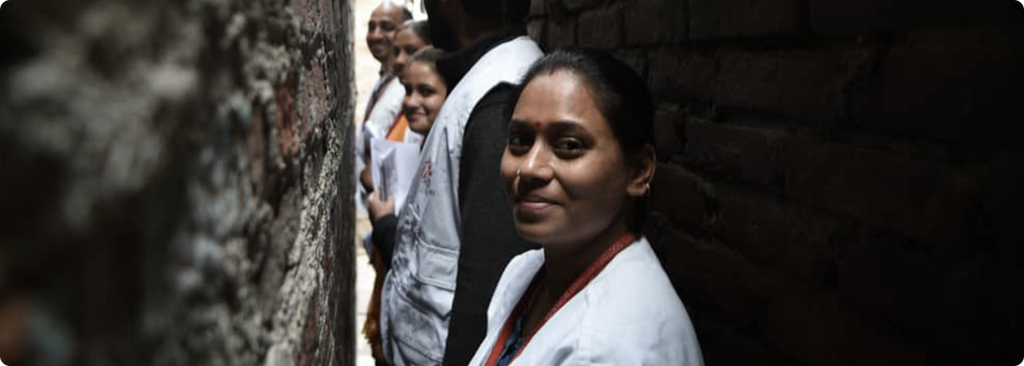
MSF works in India to address healthcare gaps for the most marginalized and vulnerable populations, including those with infectious diseases like DR-TB, advanced HIV, and Hepatitis. Our teams strive to provide essential healthcare in remote areas of the country, and also offer free, high-quality counseling services.
MSF has worked in India since 1999 and our teams currently operate medical projects in Jammu & Kashmir, Bihar, Manipur, Mizoram, Chhattisgarh, and Maharashtra. Additionally, we advocate for the development of more effective and affordable medicines to improve global access to treatment. MSF was awarded the 1996 Indira Gandhi Prize for Peace, Disarmament, and Development, and the 1999 Nobel Peace Prize.
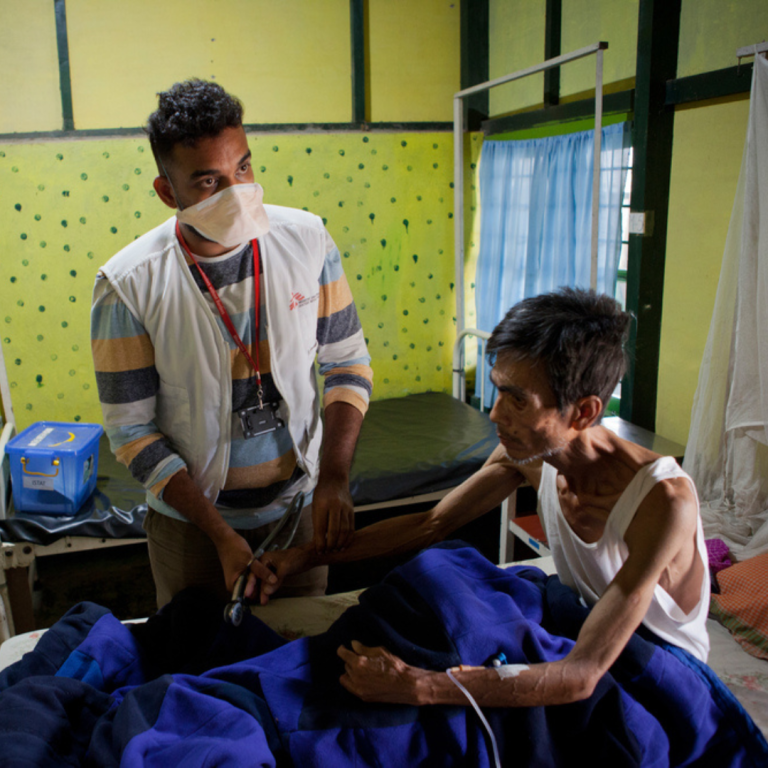
MSF started providing specialised care for HIV and TB in Manipur in 2005 and 2007 respectively. At our clinics located in Churachandpur, Chakpikarong and Moreh (on the Indo-Myanmar border) MSF provides free, high-quality screening, diagnosis and treatment for HIV, TB, hepatitis C and co-infections. As treatment for DR-TB has significant side effects, making it difficult for patients to adhere to their treatment regimen, MSF provides pre and post-test adherence counselling to ensure a successful outcome for the patients. Our health education teams also raise awareness on getting tested and treated. MSF also treats hepatitis C patients (mono-infected) in an opioid substitution therapy centre in Churachandpur, along with treating partners of co-infected patients.
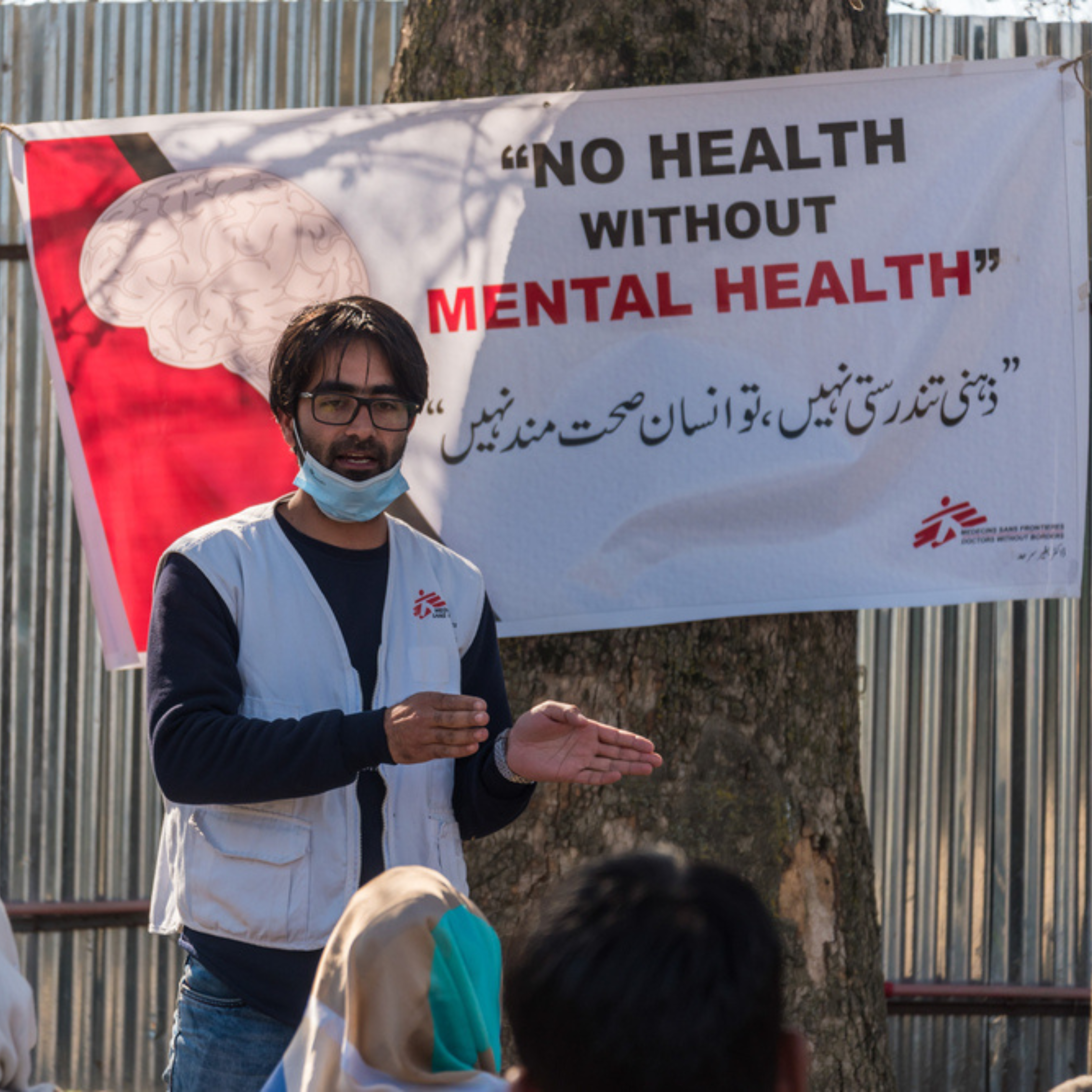
MSF has been providing free, high-quality counselling to people affected in the valley since 2001. Currently, our teams provide counselling services at hospitals in four districts: Baramulla, Shopian, Pulwama and Srinagar. To combat the stigma associated with mental illness, MSF teams also raise awareness on the importance of mental health and the need for availability of mental health services in the valley.
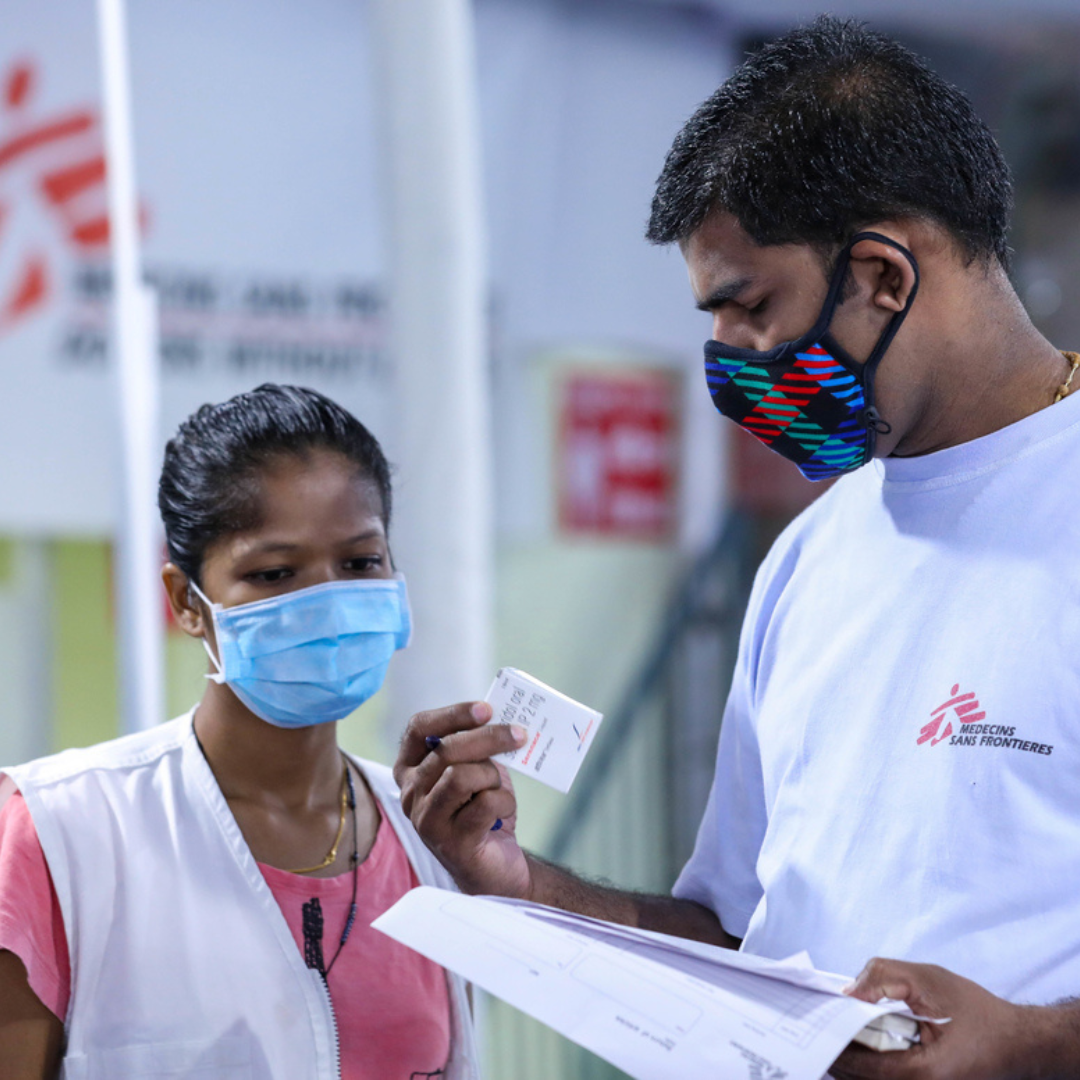
MSF has been working in Bihar since 2007. Our activities have seen a gradual transition to focus on people living with advanced HIV and life threatening opportunistic infections at Guru Gobind Singh Hospital in Patna. This focus has been driven by a lack of access to care for this extremely vulnerable population, by stigma from healthcare providers and by a lack of specialist tests and drugs.
Patients with advanced HIV have an extremely high mortality rate, with complex treatment needs covering nutrition, infection, mental health and psychosocial support.
MSF has been working in collaboration with the government to reduce the mortality and morbidity in this group of patients through increasing access to holistic care for those presenting with life-threatening opportunistic infections.
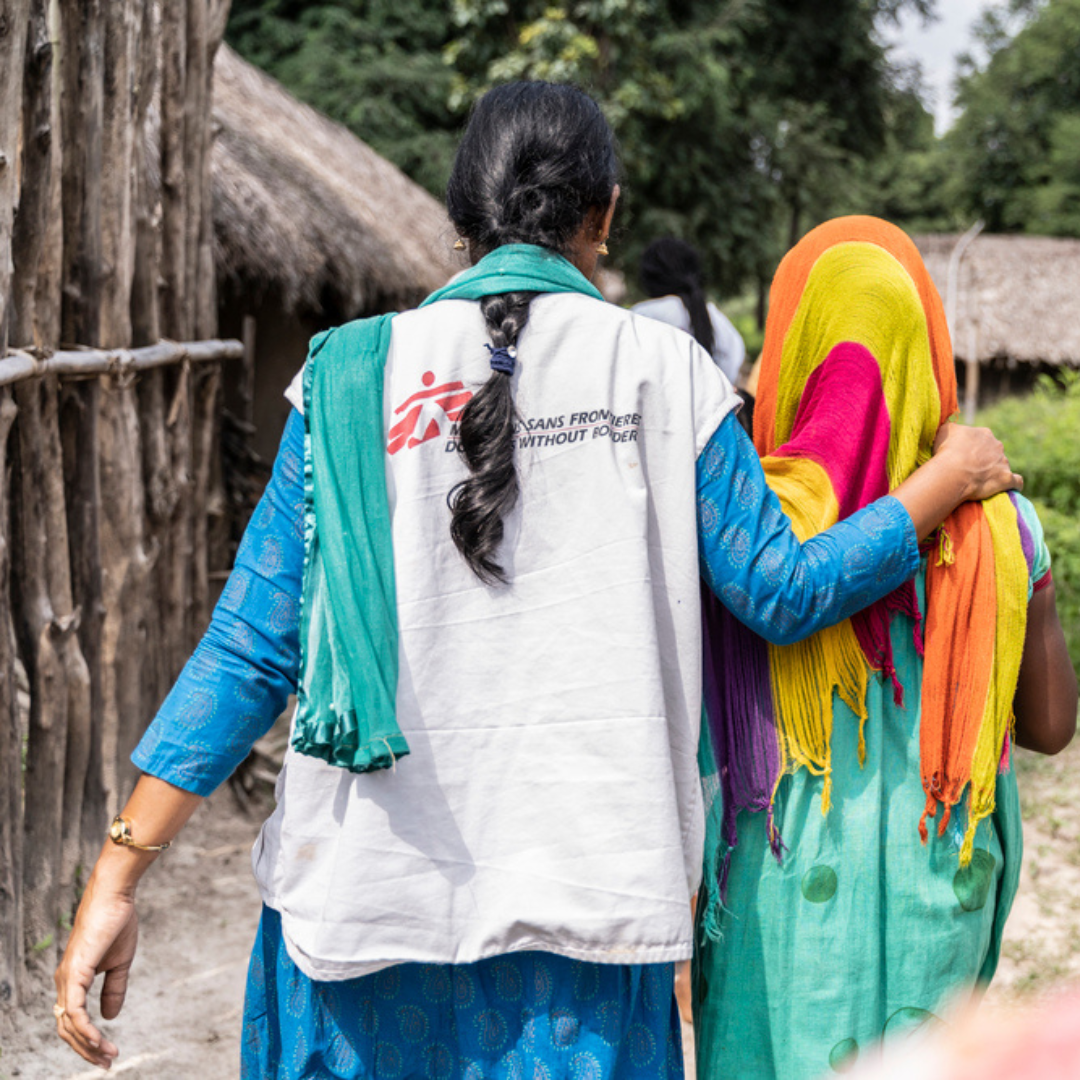
MSF conducts mobile clinics to take basic healthcare to people living in remote villages, who find it extremely difficult to access medical care. Our teams provide free treatment for malaria, respiratory infections, pneumonia and skin diseases among others. The clinics also offer a separate area for women to address needs in reproductive health, where group and individual sessions are conducted on topics such as hygiene, care of newborns, and sexually transmitted infections.
Essential healthcare in remote areas of Andhra Pradesh, Chattisgarh & Telangana
Sign up for our emails and get deeper insight into world and work of MSF!






